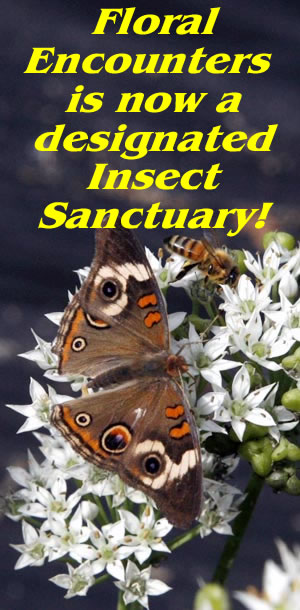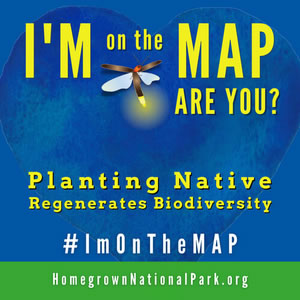Lets All Save The Bees! ALL The Bees!
Not just the honey bees.
Sadly the campaign to save the bees seems to have focused so much on saving the honey bee. While this little creature is certainly in need of saving its not really going to help us as much in the coming insect crisis as our native bees. We should really be focusing on saving the native bees. Anyone can help to save the native bees, there is not really much you can do to save the honey be as an individual once the petitions are signed and the rallies are over.
Honey bees vs. native bees.
Even though honey bees look busy all the time they are not in fact as
effective pollinators as most of the native bees. Often they don't visit
as many flowers but native bees are active for much longer periods, earlier
in the morning and later at night plus they will be out and busy on cloudy
or even light rainy days when honey bees refuse to move from their hives.
So if a crop is flowering during a rainy patch of weather honey bees are
useless to the farmer native bees are what we need.
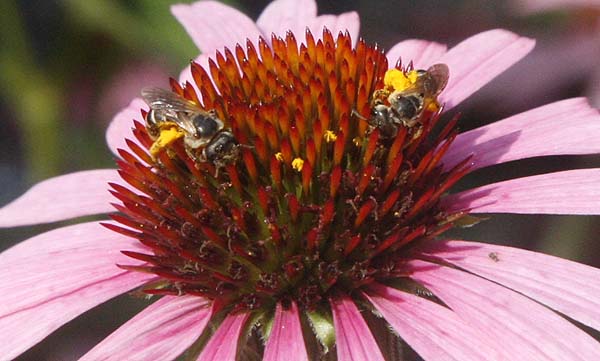
Honey bees are not native bees.
All honey bees were imported into this country from Europe. The first
settlers probably brought them over, not as pollinators but because we
can collect their honey. Honey was the most important factor in keeping
bees. Until very recently few people cared about plant pollination they
just stuck a bee hive out in the field and collected the honey at the
end of the nectar flow. Then - for most professional beekeepers - they
would feed the bees cane sugar water to get them through the winter so
they could make more honey. More ethical beekeepers would only take as
much honey as they thought the hive could spare and allow them to eat
their own honey through the winter months. For the first settlers this
was the only 'sugar' that they had so it was an important food source,
so of course they kept bees. Today we are beginning to care more about
the pollination of our flowers and crops than about honey. We can survive
without honey as we have plenty of other ways to sweeten our diet. All
the other foods we cannot do without.
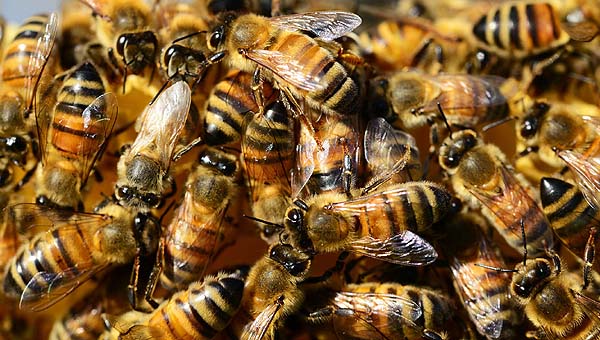
Unless you decide you want to be a beekeeper there is nothing much you
can personally do to help save honey bees. We urge you to sign all the
petitions, call your government officials and protest the use of bee killing
pesticides. Please go for it and do all that. We need everyone to stand
up and protest and help save our bees. Doing this will save all bees not
just honey bees.
However when it comes down to looking after the bees themselves then there
is nothing you can do. Leave that to the beekeepers who I assure you are
doing a great job of trying to look after their bees and keep them alive.
What you can personally do is help to save the native bees.
This will have far more reach and bearing on pollination of our food plants and keeping our flowers alive and our planet healthy. It's something that you can do with little effort on your part and even get to reap the benefits of prettier yards and less work. Anyone with a yard can do this and help save the bees and help the planet.
Grow flowering plants for the bees to feed on.
Native bees need somewhere to live and something to feed on. Almost any
garden can supply that. Instead of having just a big blank green square
in your yard add some flowering perennial plants. It will cut down on
the amount of mowing that you need to do every week and bring bright cheerful
flowers to your garden instead. Its really that easy. Most perennials
are easy to plant and maintain they take little or now time, less time
in fact that mowing the lawn every week.
Choose some perennial flowers to add to your yard we offer a wide range
of flower seeds for those who want to start from scratch. It's cheaper
to grow from seed and you can get a lot more plants for your money. Try
to pick a range of plants that will flower at different times to ensure
the bees have something to feed on for the longest time period. Our flower
blooming chart will help you.
You get less work, the bees get something to feed on and somewhere to live.
Give the bees somewhere to live.
This is just as important as growing flowers for them to feed on. If they
don't have a home to go back to then they wont survive. If they make one
and you destroy it then those bees are lost and the population goes down
even more. So change how you treat your yard to allow give the bees somewhere
to live.
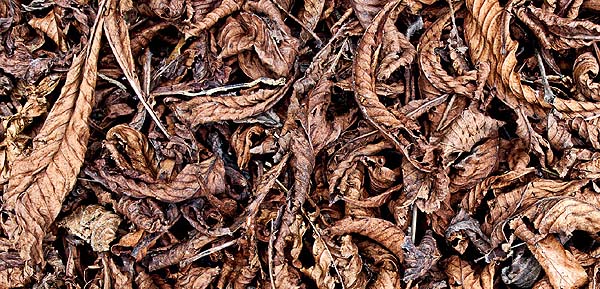
Where do native bees live?
Quite a few live in the ground. You may have small holes in the ground,
in your lawn (if you can see the bare ground) with a little pyramid of
soil around it. Most likely that is a little native bee at work. So don't
stamp the pyramid down, don't try and eradicate them, consider yourself
lucky that you have bees living in your yard and rejoice. If you don't
then see if you can encourage them to nest there.
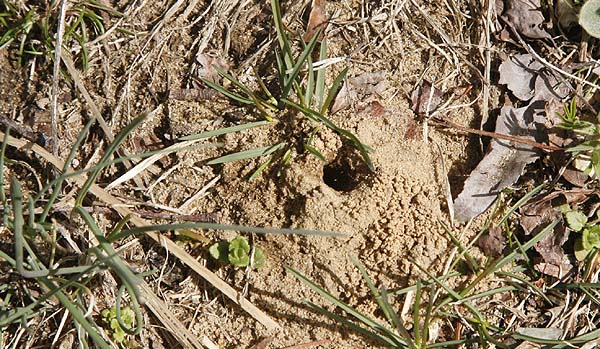
Other bees live in dead wood, so having a few old logs around, not close to the house is always good. Others prefer old dead stems like elderberry sticks or old blackberry canes even last years dead plant stems so it's a good idea not to cut all last years dead stuff down every year.
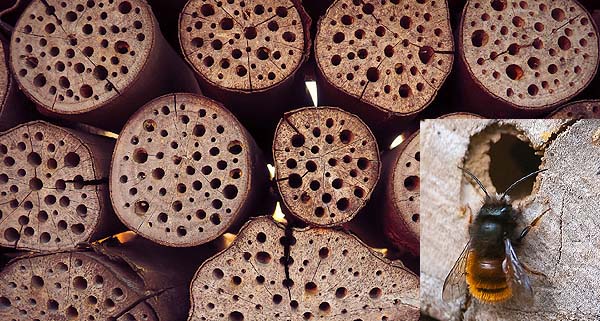
Some like bumble bees form small colonies, nothing like as large as honey
bees. These form every year from a single overwintering queen and can
be underground, in a cavity in wood, or just about anywhere the queen
can find a warm sheltered place to nest. Putting small containers out
around the garden for the bees to nest in. You can make them as decorative
or camouflaged as you desire for your garden design.
If you like crafts decorating old containers that otherwise would be thrown
away and using them as bee nests is a great project.
Most bees do not sting! Unless they feel threatened.
Most bees, most insects in fact will not sting you. The old adage 'leave
them alone and they will leave you alone' is quite true. They just want
to get on with their busy lives, they don't care about you. They only
sting or bite if they have been trapped and want you to let go so they
can get away. If they cause pain your first reaction is to drop it, so
they escape and you are a little in pain for a short time. So don't go
after the poor bug because it hurt you, it was only trying to get away
it was your fault - even if it was accidently - for grabbing it in the
first place.
Leave bugs alone and they will leave you alone. This does not apply to
yellow jackets who will come after sugars and other tasty morsels at your
dining table. Very few insects are interested in your food they want flowers
and plants. So don't punish them if they stray too close.
If you find a bee on a plant that you want to pick, just wait a moment for it to finish its work and moves off, or if you are really in a hurry shake the plant gently to deter it from landing. Once it flies away then you can collect your blooms or whatever you are doing. The bees will not hurt you so don't be afraid of them.
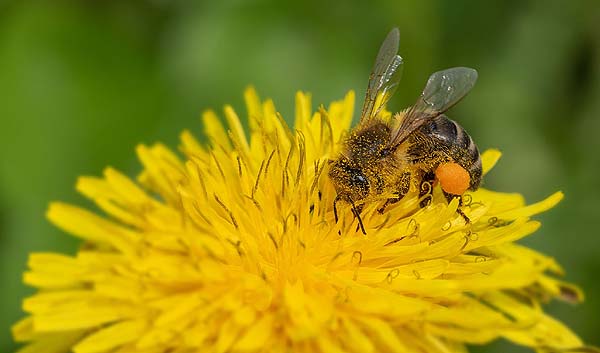
Most often bees sting because we panic. A bug flies too close and we start flapping at it. If it then gets caught in our hair or clothing then it panics too and stings to get away. Its more frightened than you are. So don't panic, don't flap your hands just stay calm and the bug will move on. Unless it's a yellow jacket which will continue to pester you, but don't punish all other insects because yellow jackets are a pain in the backside.
It's as simple as that. Adding some colorful flowers to your yard
and not cleaning it up as much is enough to help our native bees to thrive.
You benefit with less work, a prettier more colorful yard and the satisfaction
that you are helping to save the bees.
My thanks to the great photographers at Pixabay for most of the images in this article.
OTHER ARTICLES ON INSECT DECLINE AND HOW TO HELP
Lets save all the bees, not just the honey bees.
What a huge drop in insect numbers will mean to us
Some insects will survive the die-off.
Chemical Use Guidelines. Help to save the insects and the planet.
What you can do to help save the insects
Just buying organic is not enough to save the insects
References used in creation of these articles.
| Janice Hazeldine PhD is the owner and head grower of Floral Encounters an organic Medicinal Herb farm that is also a designated sanctuary for pollinators. |


